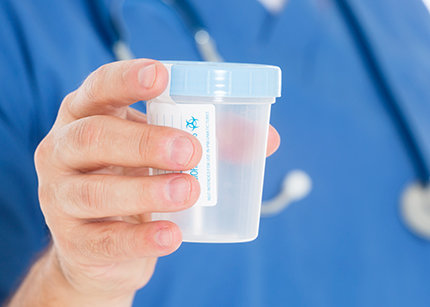

fact or fiction:
I need Testosterone Therapy if I have a low sex drive.
This is a Myth.
Men with a low sex drive, fading energy, mood changes and erectile dysfunction may have low testosterone levels. This is also known as low-T. However, these symptoms can be caused by other reasons. While there are a variety of medications to treat low-T, not everyone is a candidate.
Men with an untreated heart problem, sleep apnea or a history of elevated red blood cell counts should not take testosterone therapy because it could worsen these health issues. Men with prostate and breast cancer should be very careful about taking these medications and discuss the risks and benefits with a physician. Men planning on having children should not take testosterone therapy because it can lower sperm count and fertility.


fact or fiction:
A biopsy causes cancer to spread.
This is a Myth.
Most biopsies (such as those used to sample prostate tumors) are done using a coaxial technique. The biopsied tissue is contained right away in the tunnel-like metal sheath used to access the area. This technique removes the risk of moving cancer cells from the site where they are biopsied to anywhere else.
A large study of 3,000 men undergoing transperineal prostate biopsy showed no signs of cancer spreading due to prostate biopsy. These findings should reassure patients and doctors that biopsies are very safe.


fact or fiction:
UTIs are always complicated.
This is a Myth.
There are two types of urinary tract infections (UTIs): simple and complicated. Simple UTIs are infections that happen in healthy people with normal urinary tracts. A simple UTI can be treated with a short, 3-day course of antibiotics. However, some infections may need to be treated longer.
Even if pain and the urge to urinate go away after a few doses, you should still take the full course of the antibiotic. This ensures the UTI is fully treated. If you cut your treatment short, you increase the chance the UTI will return. You should also drink plenty of liquids, especially if you have a UTI.

UrologyHealth.org | WINTER 2020/2021 | UROLOGYHEALTH extra